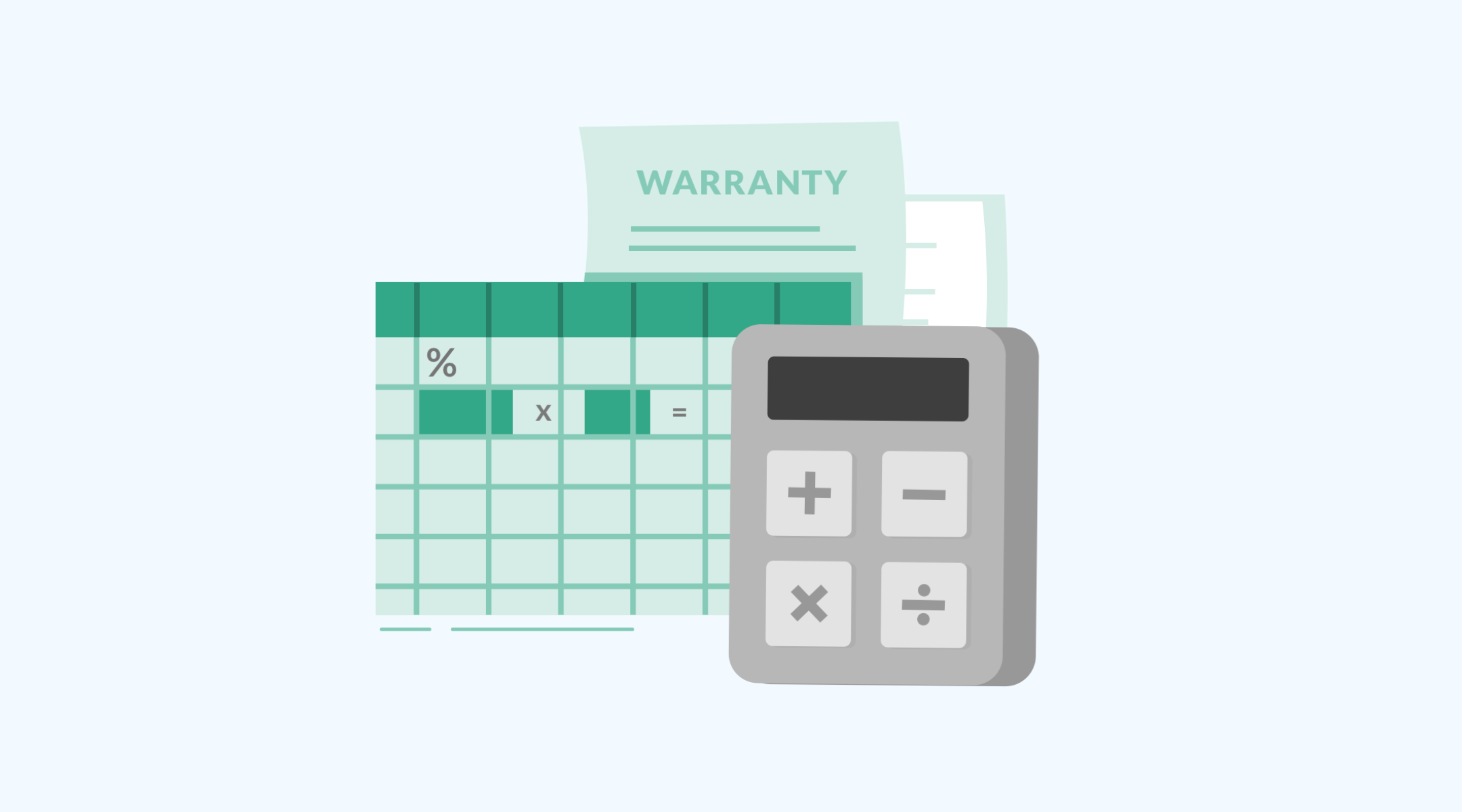The transportation industry is undergoing unprecedented changes and fleet professionals are faced with new technologies and decisions in a rapidly advancing environment. One of these technologies was described by Sofie Bedard when she discussed the safety benefits of empathy AI in vehicles.
AI technologies work hand-in-hand with IoT and telematics to improve fleet safety and driver behavior. In light of these advanced technologies and current market complexities, let’s have a look at how fleet managers can leverage the power of the internet in fleet vehicles to gain valuable insights and maximize efficiency and vehicle performance.
Driver Behavior
The latest IoT solutions provide analytics to monitor speeding, braking, hours driven, and driver behavior. By adjusting driver behavior, you could be saving more than you think. Bad driving habits can cost you more in fuel and vehicle maintenance. The Environmental Protection Agency (EPA) estimates that aggressive driving lowers gas mileage by up to 30% on the highway and 40% in city traffic.
Knowing how fuel is consumed with the help of IoT telematics can create deeper visibility into driver behavior patterns. Deeper visibility drives savings — even an additional mile per gallon can help streamline fuel costs. By identifying bad driving, you can proactively take steps to improve performance before you incur the high costs associated with fuel overconsumption or worse, the increased insurance rates and costly repairs of collisions on the road.
Physical Security
IoT technology can improve the safety and security of people and assets through connected sensors. As such, IoT solutions can provide valuable protection from unauthorized use and theft of fleet vehicles.
IoT telematics devices provide fleet security and control features that can disable a vehicle remotely as well as help save lives through emergency and panic notifications. The ability to track your fleet vehicles in real-time allows you to protect your drivers, vehicles, and cargo.
Customer Service
Customers tend to be more satisfied and have better peace of mind when they know what is going on with their cargo. With the use of IoT, cloud computing and mobile apps, you’ll be able to deliver more detailed information to your clients.
While fleet tracking has been around for several years, according to Inc.com, IoT technology has enabled unprecedented detail and predictive capabilities. It enables greater control for both you and your customers. Take Uber Freight, for example, who makes use of real-time tracking through GPS enabled IoT devices. They give customers the ability to track deliveries on a map through a mobile app. This level of information and control gives customers the answers they need right away without having to contact you. As a result, it incentivizes increased productivity from drivers, and allows them to stay focused on the task at hand.
Cyber Security
But while IoT can provide valuable insights for fleet managers, the most problematic concern revolves around their security. Used in modern commercial fleets, Cyber Security Hub indicates that IoT devices are known to be vulnerable to cyberattacks. The trend has been towards the mass adoption of IoT, but its deployment is outpacing security measures.
By 2025, there are set to be over 64 billion IoT devices, but the usefulness of an IoT tool is dictated by its ability to secure the data it collects. A cybersecurity guide from Marcus.com
explains that digital tools have one clear disadvantage: they are more vulnerable to cyberattacks. This is especially true for many IoT devices as they lack even basic security protocols. So, apart from applying basic security hygiene like securing your fleet’s mobile devices and using strong passwords, ensure that you cautiously consider the security built into your IoT framework.








